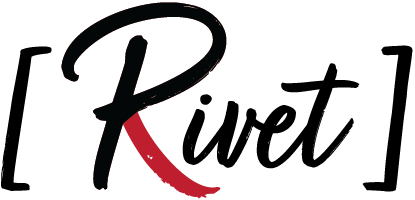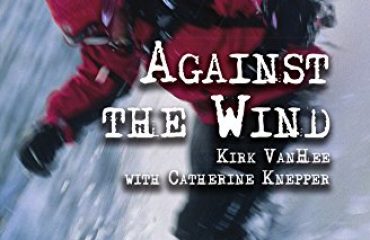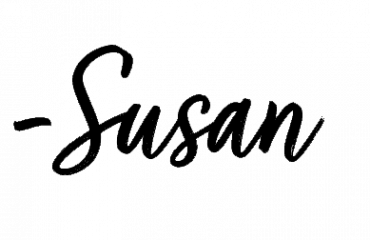
I finished 2021 with five-star reads! Before we head too far into 2022, here’s how the reading year ended for me: on a spectacular note. Here are my book reviews to close out 2021.
Bombs to Trails: Interweaving Heritage, Life, and PTSD on the Pacific Crest Trail by Jessica Pekari
I’ve read many books regarding people’s journeys on the Pacific or Appalachian trails. Usually, these tales involve helpless people venturing outdoors to “find themselves.” Although these stories can be dramatic and funny, they fall flat for me because they usually don’t meet the basic requirements of an enduring wilderness trek. Instead, these hikers build an entire story from minor mistakes that could have been avoided with preparation beforehand.
I was dying for a story where real drama and unexpected turns occur to someone who has put their heart and soul into preparing for an ultimate adventure. Bombs to Trails: Interweaving Heritage, Life, and PTSD on the Pacific Crest Trail by Jessica Pekari hits all the marks.
Pekari, an accomplished endurance racer, mother and veteran, shares her story of facing an ultimate long-distance challenge, trying to set the self-supported Fastest Known Time record for the Pacific Crest Trail (PCT) going southbound. This means hiking the 2,650 miles with no outside help. No woman has done it. The Fastest Known Time Record was set in 2011 by Scott Williamson in 64 days,11 hours and 19 minutes to give you a reference. The hike alone would tire just about anyone, and not surprisingly, Pekari faces many challenges during her trek.
The reader will uncover a story filled with physical pain, endurance, a battle with PTSD and finding the beauty in family and culture. The story starts with a dramatic opening and reads at a fast clip as if you are trying to set the record yourself. And the twists and turns of daily life aren’t escaped by hiding in the wilderness for months. The story has plenty of action-packed scenes to keep the adventure moving down the trail mile by mile.
One of the beautiful aspects of this book is the unique culture of the Black Feet tribe that Pekari is a member of. It isn’t common to find these stories on most bookshelves. Pekari’s storytelling shines when she speaks about her heritage and family ties. Any reader can tell that family is essential to the author’s soul.
I read this book with fresh eyes after working with Pekari on the editing of the manuscript, and although I was nervous I may have missed something, but I didn’t. I couldn’t be prouder for Jessica, and I know this book will continue her motivating spirit and leave a legacy for her family, the military and culture.
If you are interested in learning more about Pekari’s adventures, check out her blog at: https://adventuresonthetrail.com/
Here for It, or, How to Save Your Soul in America: Essays by R. Eric Thomas
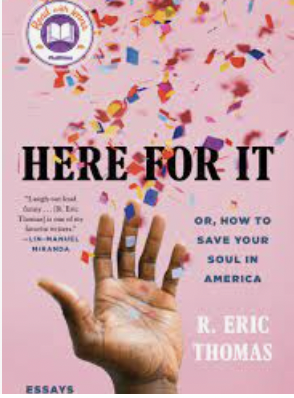
Reading this book was meant to be. A mysterious package was delivered to my doorstep. I recognized the sender: Penguin Random House. I ripped open the package and there it was, “Here for It” by R. Eric Thomas. I must have won this book from a contest I entered. However, the book reached me; I am a lucky and better person for reading it.
I felt so many connections with Thomas for someone I wouldn’t have anything in common with on paper. The stories were beyond hilarious and relatable, which makes the stories personable and funnier. But the book brings touching endings to each essay that make you stop, think, not turn the page, and sit in the moment of the story.
The book’s essays can be read straight through, but since these are a series of essays, this book was perfect for me during the busy holiday season.
The essays seem lighthearted and funny at first, but eventually a theme of love, faith, growing up or finding oneself emerges. Thomas illustrates that humor can lead the way even during heavy and confusing times. I loved every moment of this book, and I highly recommend it.
I’m now an R. Eric Thomas fan and look forward to reading his other books, Kings of B’More and Reclaiming Her Time. You can learn more about Thomas at https://rericthomas.com/
Blink: The Power of Thinking Without Thinking by Malcolm Gladwell
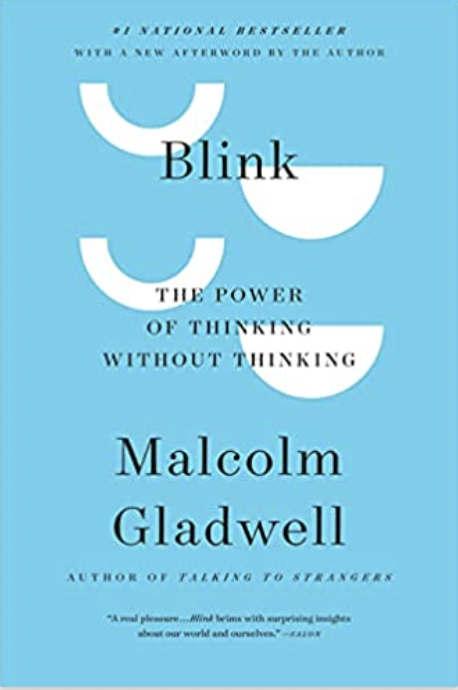
The gifted Gladwell can clearly structure arguments and sell ideas. At times, the exciting tidbits get in the way of the overall concept because the tidbits make great reading. But I always recommend Gladwell’s book because the stories, facts and case studies he uses are compelling. You can also read Blink, another excellent example of Gladwell’s stellar work.
Others have always known me to make “snap” judgments on significant decisions. Some of the biggest choices I’ve made in life would require most people to write out a pro and con list and ruminate with others. This always seemed a waste of time to me. Doesn’t everyone intuitively know what is important for themselves? Gladwell helped bring clarity to my rapid thought process.
In “Blink,” Gladwell explains the concept of rapid cognition, which is your brain’s working intuition and quick capability to make correct decisions and, using this power can lead to better decision making and results. In this way, the brain can powerfully bring together knowledge and experience quickly to make accurate decisions.
Call it gut, intuition or instinct, the idea of making decisions using rapid cognition can bring accurate results. I especially enjoyed the chapter where Gladwell illustrates the accuracy of rapid cognition in helping an overstressed Chicago hospital triage incoming ER patients experiencing heart attack symptoms.
But the reader needs to spend some time understanding the sections Gladwell presents contradicting the benefits of using rapid cognition. I believe Gladwell wanted to get the point across that making snap judgments using unconscious or conscience biases are not the correct or appropriate way of making quick decisions. The decision-maker may not be aware of the biases internalized into their minds, affecting how we make proper decisions. For example, profiling criminals from a traditionally marginalized background is an example of unconscious bias used in rapid cognition.
Gladwell points out that using an analytical or a structured thought process to tackle problems is helpful in some cases. However, using rapid cognition to bring accurate results only works if the decision-maker is trained or experienced in the subject matter.
I have a gut feeling you will like this book if you enjoy fascinating facts and uncovering truths. Gladwell will suck you in with fascinating facts. He’s also a gifted storyteller. Sometimes you miss the point because you get caught up in the story. The book will make you think and change how you make decisions and operate in life. And isn’t that what we read books for?


